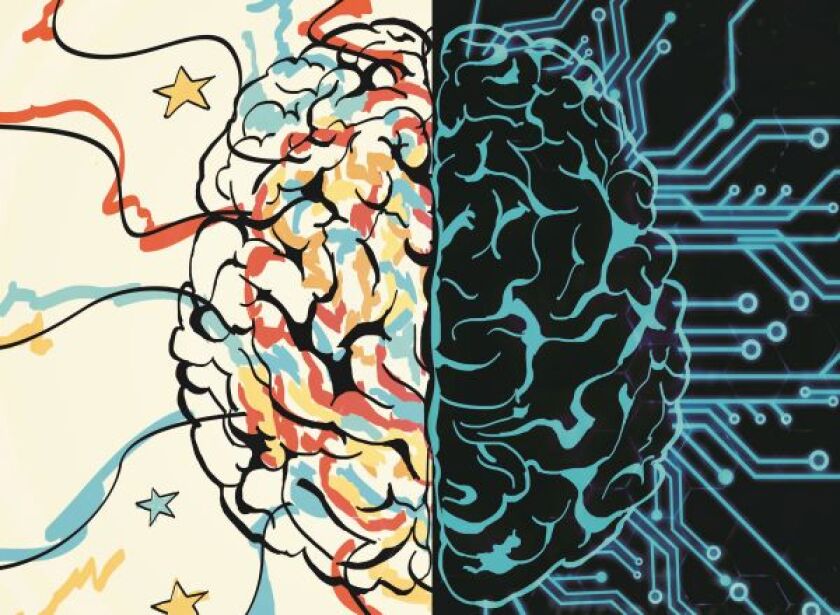This week we saw the latest example of how far artificial intelligence has come: a robot named GPT-3 wrote an entire article by using machine learning to generate human-like text. Despite being robotic (no pun intended), the piece is coherent and well-structured, and may even have journalists like myself wondering about the future of their industry.
One of the article’s more notable lines is that “we need to give robots rights”, a statement that is certain to resonate with intellectual property lawyers globally. The potential impact of AI on IP is not only extremely wide-ranging but inherently complex, even straying into the field of philosophy. This is particularly true when it comes to patent inventorship.
The UKIPO is the latest IP office to try to find much-needed answers to some very difficult questions. In a consultation published this week, the office listed the main areas in which (it believes) AI and IP link together and what the future might hold in this respect. There are 45 questions in total, spanning patents, copyright, designs, trademark and trade secrets. Notably, patents receive more questions (16) than any of the other areas.
Among the questions on patents is the much-debated issue of inventorship, i.e. whether AI can be considered to have invented a patent. At the moment, the position on this, not just in the UK but also in the US and at the EPO, is no. In 2018 and 2019, parallel patent applications were filed in these jurisdictions listing an AI machine called Device for the Autonomous Bootstrapping of Unified Sentience as the inventor. All have been rejected, but appeals are pending.
In the UKIPO consultation, the office asks a number of questions about inventorship, including “Should patent law allow AI to be identified as the sole or joint inventor?” and “Is there a moral case for recognising AI as an inventor in a patent?” These essay-like questions are sure to receive equally lengthy responses from patent specialists, and it’s an area that is likely to generate a significant difference of opinion (although this no bad thing when trying to form new policy).
The UKIPO, which should be commended for tackling these tough issues, follows in the footsteps of the USPTO and WIPO. In August 2019, the USPTO issued a request for comment on patenting AI inventions, focusing on 12 key areas including inventorship. However, despite the office claiming that emerging technologies such as AI are among its top priorities, there has been no update since. WIPO, which has spoken to Managing IP about AI before, is making progress on its own “conversation” on the issues. It received more than 250 submissions during a consultation process and the next meeting is to be held in November.
While it’s positive to see attempts at making progress on the AI-IP framework, the number of issues lay bare the huge challenges IP offices and legislators face in trying to move the needle. Take the UK as an example. The consultation covers everything from whether AI can infringe a trademark to whether AI-generated content can be protected by copyright. At best, the questions reveal the 45 most important areas that require some level of clarification – but, at worst, they show just how far the law lags behind AI technology. Depending on your viewpoint, we are somewhere in the middle.
What seems clear is that even where consultations have begun, IP leaders are at the start of a very long journey in trying to align IP law with AI advancements. It is often said that the law struggles to keep up with technology, but it seems especially apparent in this instance. And what seems even clearer is that if the law is already way behind AI, how can it ever keep pace as the technology advances so rapidly? Perhaps this is just a given for something that is so frighteningly smart. Then again, perhaps this is the question we should be asking.











